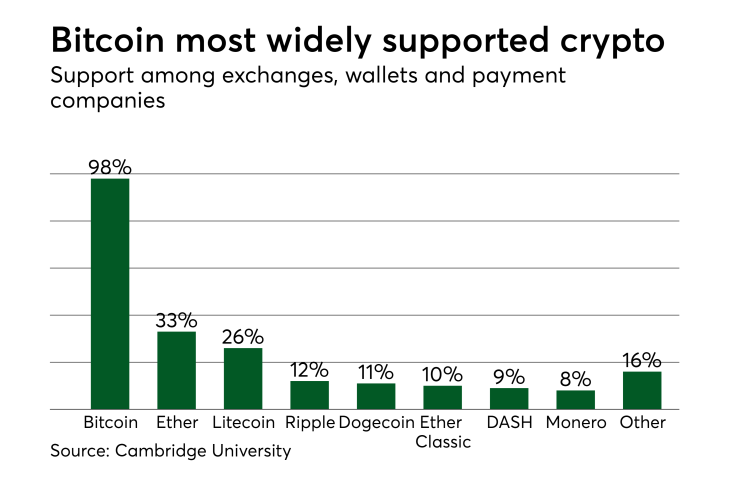The story of the
For crypto-skeptics, the reports offer a perfect “I told you so” moment, confirming that investing in cryptocurrency is fool’s errand. We would argue that it offers instead a “teachable” moment for virtual currency consumers — and the lawyers who protect them — on at least three points.
First, understanding that most cryptocurrency exchanges operate outside of regulatory scrutiny, how can an investor conduct its own due diligence to determine whether the exchange has proper protections in place so they will not lose his or her cryptocurrency?
Second, if a consumer is not adept at conducting its own virtual currency security due diligence, should it seek to do its trading on platforms subject to government oversight on security and consumer protection issues?

Finally, what recourse can there be if an exchange claims to have lost access to your virtual currency?
The first lesson for virtual currency investors is that when a cryptocurrency exchange is unregulated, you need to investigate its security practices yourself. The cryptocurrency market is not yet fully mature when it comes to consumer protection.
Some of that immaturity is a natural consequence of crypto’s enduring libertarian ethos, which disdains government-imposed consumer protections, examination and oversight, or mandated third-party audits of its policies, procedures and technology.
Some jurisdictions, including Canada, where Quadriga CX is based, have no regulatory regime in place for virtual currency exchanges.
There is little doubt that a competent regulatory examination, or a third-party audit, would have identified the risk inherent in leaving the CEO as the sole person in possession of the private keys for all the customers’ funds.
When an exchange isn’t regulated, it falls on the consumer to determine whether it should be trusted. The loss (or theft) of Quadriga’s customers’ virtual currency teaches that investors would do well to be wary of trusting unregulated exchanges to store their coins when not being traded. It is possible to find safe and reputable companies that provide secure custody.
The security of private keys is the Achilles' heel of cryptocurrency, which is why many savvy investors store their coins with reputable custody companies when not needed for trading.





